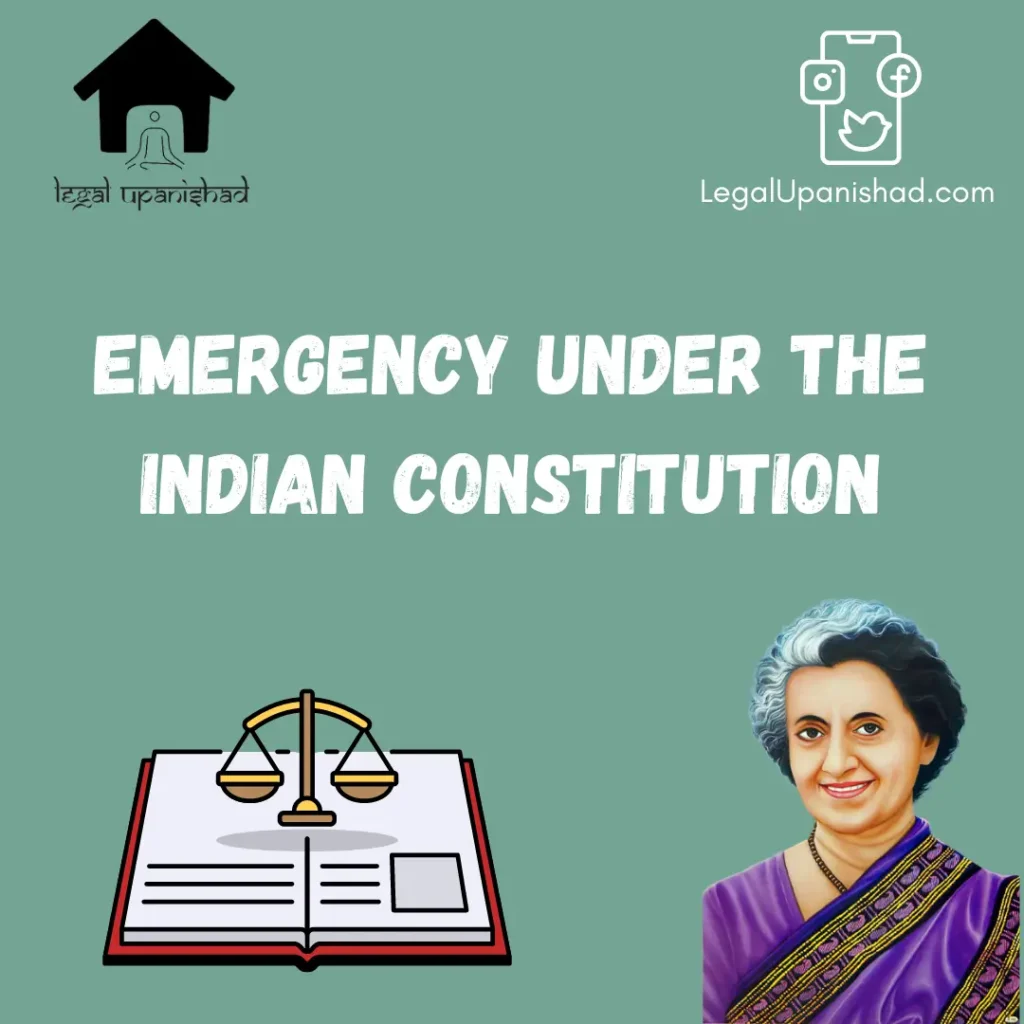IPR Relevance in Business Transactions in India
Intellectual property rights (IPRs) are valuable assets for any business, and copyrights and trademarks are two of the most common forms of IPRs. Copyrights protect the original works of authorship, such as literary, musical, and artistic works, while trademarks protect distinctive signs, symbols, and logos that are used to distinguish goods or services. In India, the Copyright Act, of 1957 and the Trade Marks Act, of 1999 govern the copyright and trademark laws respectively. This article will discuss the relevance of copyrights and trademarks in business transactions in India.










